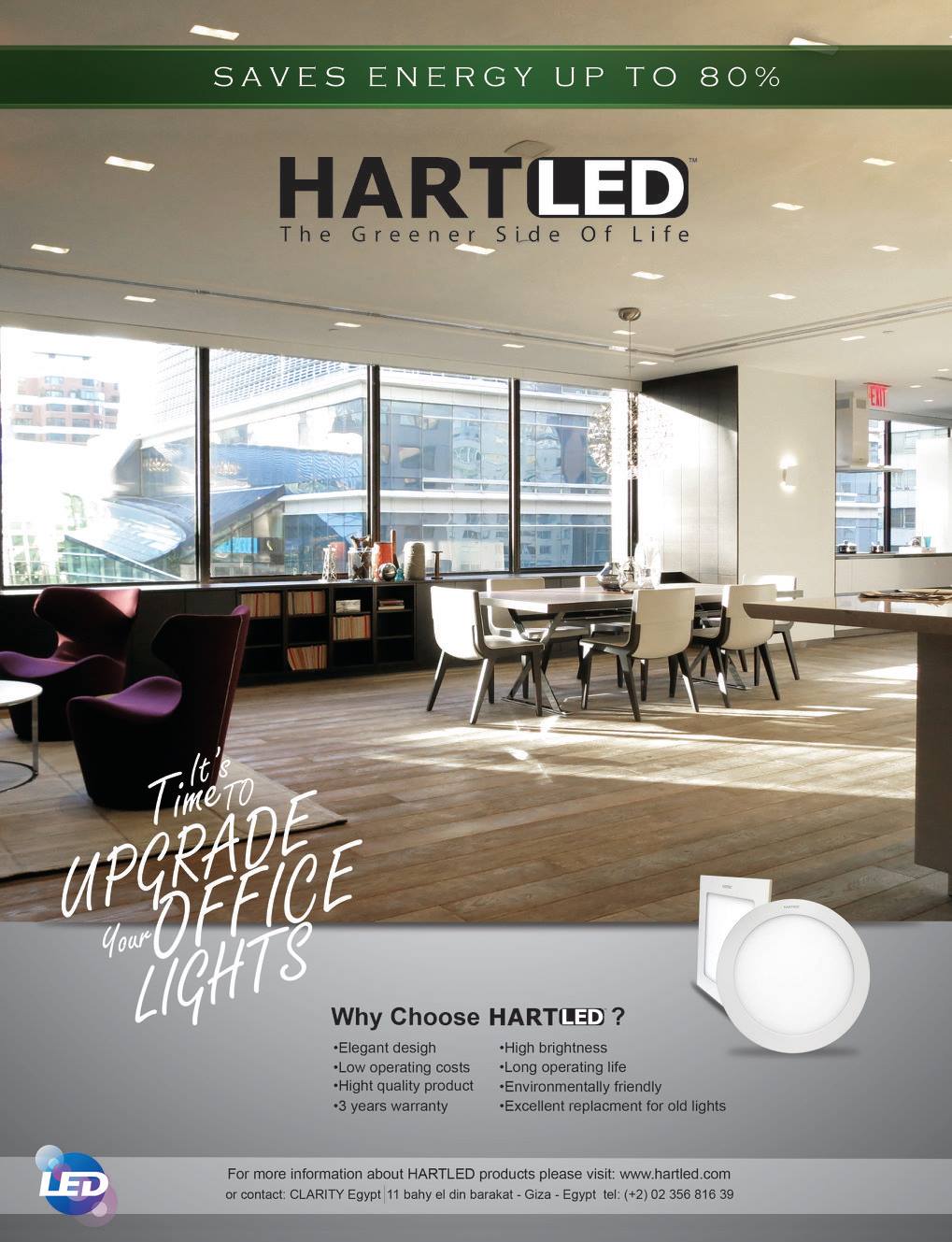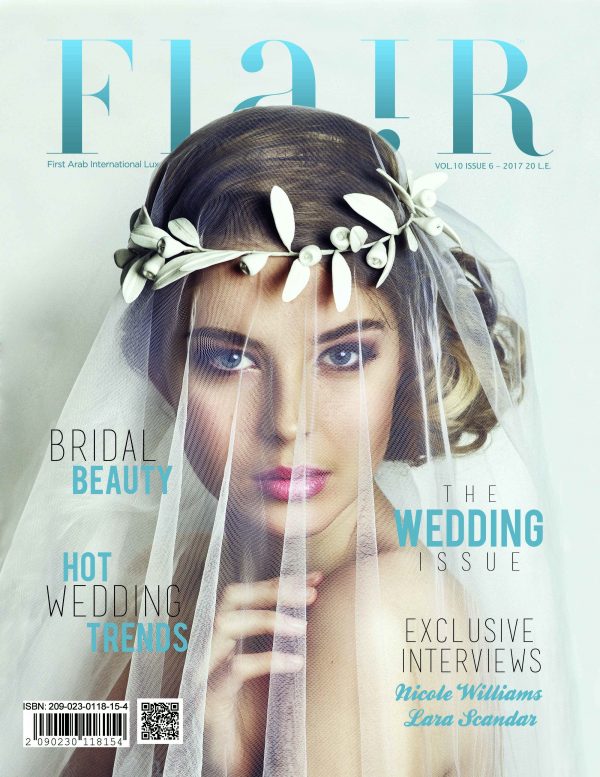A family is a crucial unit in every society, and it plays a vital role in imparting values and imparting duties. Children growing up in harmonious households are more likely to form positive relationships outside of their homes. We believe most of us assume relationships to function on autopilot, and when they do not really, we have no idea how to mend them. That’s why relationships are important to every narrative we write, and as a personal writer of character-driven fiction. I used this occasion to pique my interest in love, commitment, and understanding how relationships work. I believe everyone will find the following experienced relationship coach, Najla Moussas’ answers interesting and awakening, Read on!
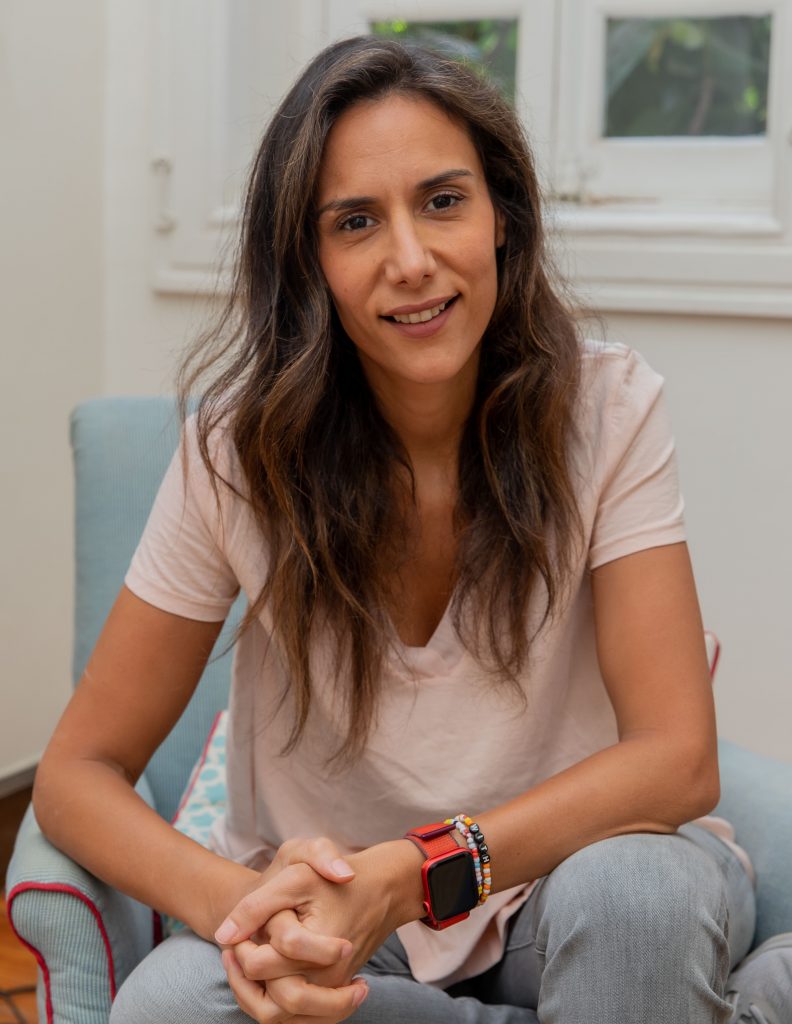
What is the background that led to you becoming a Relationship Coach?
I’m a writer and have written for several international and worldwide publications on subjects pertaining to wellbeing. Through my research and interviews with experts, I stumbled upon the Gottman Method. It transformed the way I looked at my relationship. A few years ago, I became a certified Gottman- trained Relationship Coach, and accordingly, I’ve used it to help couples and individuals learn how to strengthen and better their relationships by learning how to manage conflict, create a stronger friendship in their relationship, communicate effectively, and reconnect intimately.
When did you have the idea to use your relationship know-how to help others?
When I applied the Gottman method to my relationship, I saw how transformative it could be. It works. People can transform their romantic relationships – current and future ones, too. That’s something I want to help others achieve.
What do you think is the number one contributor to relationship problems?
It depends on what’s going on in your relationship, but some factors contribute to the breakdown of a relationship.
- Our busy lifestyle means we are often distracted, which makes it easier for us to disconnect from each other. A research study on young couples showed that the average amount of time partners engaged in face-to-face conversation was 35 minutes…a week. Unfortunately, with digital entertainment readily available, couples spend “together time” streaming series or fiddling with social platforms on their screens rather than face-to-face interacting. This translates into neglected relationships.
- Expectations are another relationship killer. One is unspoken expectations – where we don’t communicate to our partners our expectations but act on those expectations being unmet. Or having unrealistic expectations. Esther Perel says it best: Today we expect our partner to give us what an entire village once provided. We want them to be reliable but also risk-takers; safe but also exciting; gentle but also wild. It’s a paradoxical mix of wants that one person can’t possibly fulfill.
- Friendship is another big one that is often overlooked. We lose or forget the friendship we built in the dating process of our relationship. We stop paying attention, asking deep questions, and communicating with our partners the way we would with a close friend.
- Money is a subject that causes a lot of tension and fights in a long-term relationship. Mainly, our attitude on spending in general – what if one prioritizes saving and the other just wants to enjoy the money now? What do we consider worth spending on –education, vacations, material possessions? Most people don’t talk about money before they get married because they think it’s gauche. But talking about money isn’t actually about money. It’s essentially talking about how we want to live, what our values and commitment to each other and our families are, and our plans for the future.

What services do you offer?
I offer private individual and couple’s coaching sessions, online sessions, private-group workshops, and general workshops. Workshops can be done live or virtual and for safety reasons, space is limited.
What kind of circumstance would preempt someone to contact Relational Coaches?
Anyone looking to strengthen and better their current relationship or looking to break toxic relationship patterns or cycles they’ve repeated in the past.
Do you think marriage has value anymore? What do you think are the pluses and minuses of marriage today?
I think if people stopped looking at marriage as a fairytale, complete with a ‘happily ever after ending, we would collectively be a lot happier in our relationships. This idea that marriage is supposed to provide unending happiness, unwavering support, a place where our partners are not allowed to hurt us, fail us…this narrative is what fails us and makes it an unattractive prospect for many. What if we saw marriage as a place where two people grow together? Not together, but in parallel. A place where we can be flawed and complicated and messy, but also where we can self-explore and self-discovery and be supported on our journey by our partner?
Can relationship coaching help if the partner doesn’t want it or is losing interest in the relationship?
It’s very common to have one partner coming in not wanting to be there. That’s pretty normal. Sometimes we are at the end of our rope and counseling is our last-ditch attempt to save our relationship. So, I will have partners come in feeling disheartened, angry, tired. But when we do the work, sometimes that perspective shifts. When we commit to behavioral changes, we start to see the changes we need. Unfortunately, sometimes it’s too late and one partner (or both) has checked out of the relationship and isn’t willing to be vulnerable anymore and put in the work required. Relationship coaching is a starting point to acceptance, healing, and growth so that you move forward with awareness, closure, and clarity.

What’s standing in the way of many relationships being as good as people want them to be?
Lack of consciousness or awareness. We don’t think about why we react the way we do, think the way we think, feel the way we feel. Poor communication skills are another culprit. We don’t learn from a young age how to communicate effectively our needs. We engage in reactive listening instead of active listening. We don’t know and don’t have healthy boundaries. It’s a combination of many things.
I know a few couples who met online and are happily married. I’m curious to know what it’s like as a single woman in this world of dating apps. Is it scary? Do you recommend it to women who are looking for the right man?
I think there are so many great things about online dating apps. It’s great to be able to connect with someone you otherwise would have had no opportunity of meeting. It’s also great to match up with someone that is looking for the same commitment and shares similar values. Certainly, dating apps have helped us by saving time from investing in conversations with people we don’t want to talk to.
However, the swipe culture is killing long-term relationships. The problem with certain online dating apps is that they don’t cultivate human interaction. There are a lot of inauthentic connections and meaningless interactions. Another issue with online dating is having too many options, which sounds like a good thing but isn’t necessarily the case. Because we might find someone great but think to ourselves: what if there is someone better out there? We have a fear of missing out on the “perfect” person, and so we hesitate to commit.
So, I would say dating apps can be great – if you’re on the right app. There are several out there where the goal is to get to know the person and foster meaningful connections. So, if you’re going the online dating route, think about the platform you are on and if it promotes the kind of connection you are looking to make.
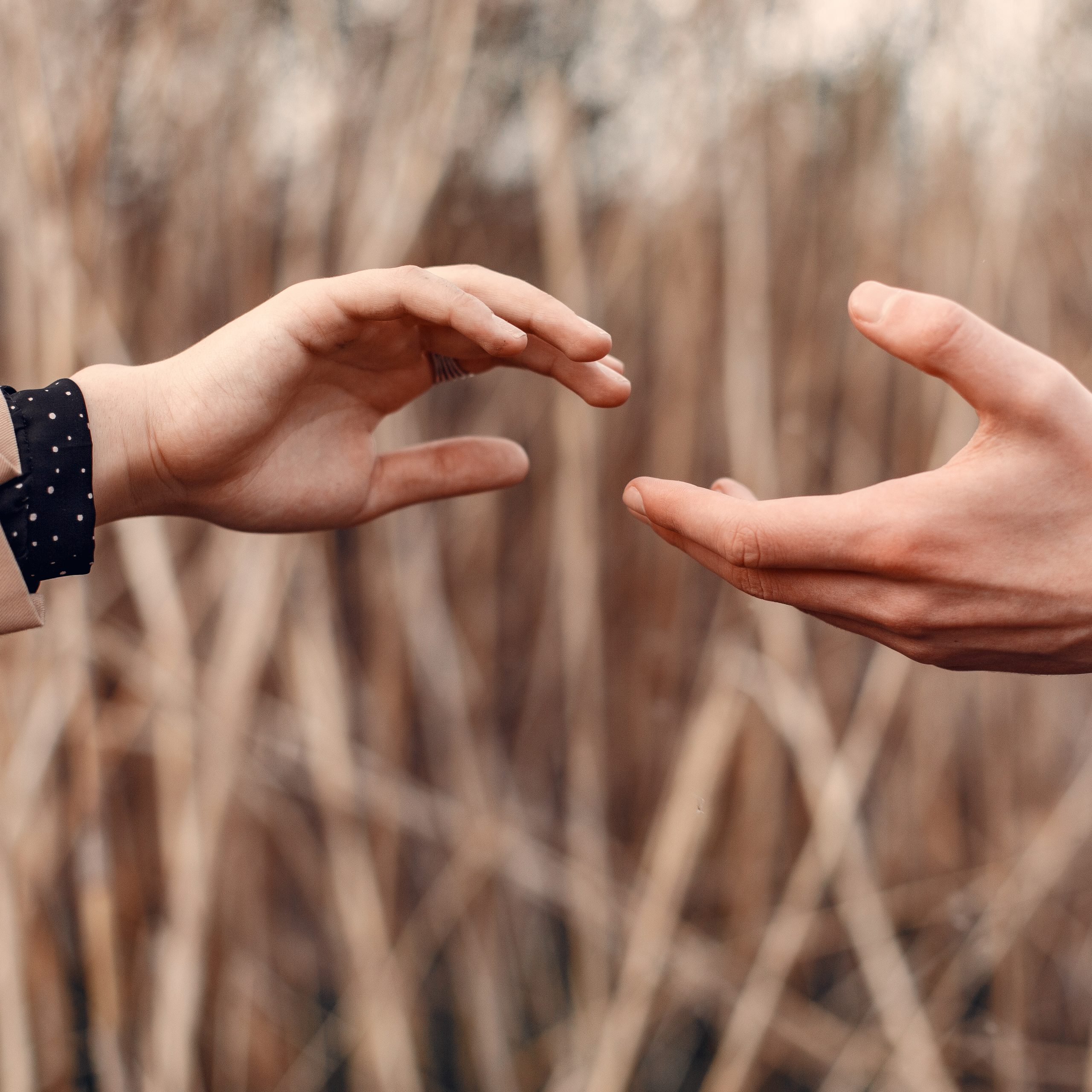
Why is self-love so important in our relationships with another person?
We cannot accept love from others if we don’t give it to ourselves. When we don’t love ourselves, we sabotage loving relationships because we don’t trust them. Also, without having a strong sense of self-worth or self-love means we are more likely to enter into co-dependent relationships where we rely on others to feel good about ourselves.
Of course, self-love isn’t as easy as it sounds. It means loving the shame-filled, insecure, perverse, fearful parts of ourselves. That’s extremely difficult. Let’s aim for self-like. Hopefully, self-love will follow.
What aspect of coaching gives you the most satisfaction?
I love when clients come back to me using keywords, I’ve taught them in session for specific behaviors they’ve been exhibiting. For example, I had a couple come to me and say “Last night, she stonewalled me. And I looked at her and said, ‘You’re stonewalling!'” and they were laughing as they were telling me this. They recognized a behavior and understood why it was happening and that meant instead of being confused and hurt by it, they were able to talk about why one partner was acting this way and how it made the other partner feel. To me, that is everything.
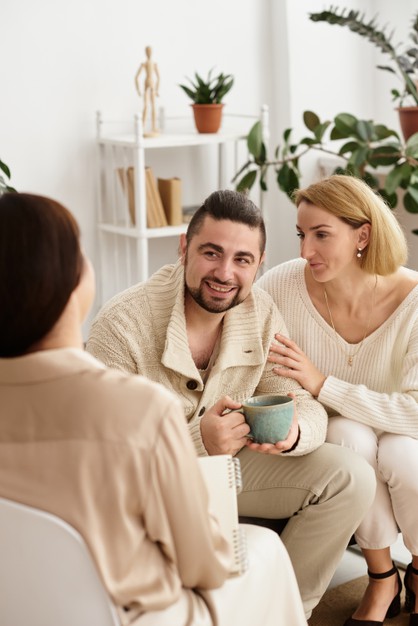
What do you think is the most important thing couples can do to keep their relationships healthy?
Know each other’s dreams. And support each other in achieving them.
How would you describe an ideal relationship?
The “Good enough” relationship. It sounds like settling for less, but it’s not. In a good enough relationship, there are still high expectations. There is the expectation of trust, there is respect. We support each other. We are committed to each other. We are friends. We expect to be treated with kindness and affection. There is love. But we also recognize that sometimes we will hurt each other, we’ll say things we don’t mean, we’ll let each other down. That annoying habit of our partner won’t go away, and there will be some things that we can never agree on. That’s a real relationship. Perfectly imperfect, full of support, empathy, and forgiveness. That’s what we should be aiming for.
Rapid- Fire questions:
What is love?
Trust, respect, integrity, honesty, partnership. That’s love.
Are men and women equal in a relationship?
They bring different things to the table.
What are the most important qualities in a relationship?
Friendship, empathy, and support
Do you believe in the concept of soul mates?
No. We can love more than one person in our lifetime
Do you believe in love at first sight?
I believe in attraction at first sight.
Would you share a toothbrush with your partner?
Yes. If I had to!
Would you rather give up music or television for a month?
Television for sure.
What’s one material thing you can’t live without?
My kindle.
Best advice you were ever given?
Give yourself time to think.
Best advice you would give a struggling couple?
It’s not always as bad as it seems.

